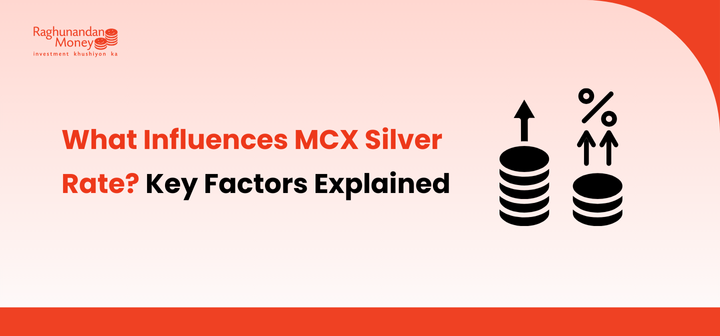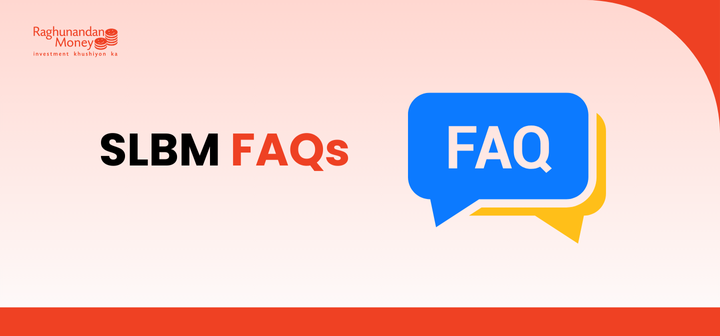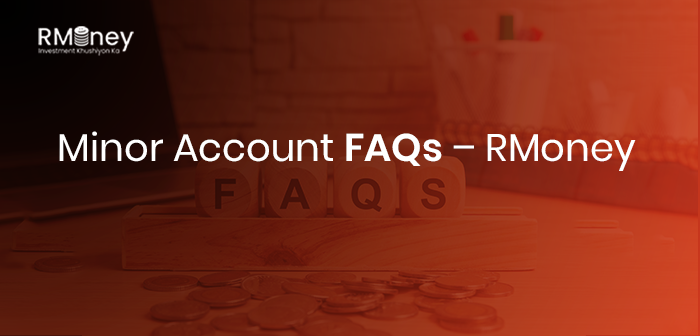A limit order is one of the most widely used order types in trading. It gives traders control over the price at which they wish to buy or sell a security. However, there are instances where clients are surprised to see their limit orders executed at a different price—usually better—than what they initially specified. This often leads to the misconception that the order was executed at market price.
This blog explains why such executions occur and how the exchange’s matching engine works to benefit the trader.
Understanding Limit Orders
A limit order allows a client to place a trade at a pre-determined price or better. This means:
- A buy limit order is executed at the limit price or lower.
- A sell limit order is executed at the limit price or higher.
Importantly, the execution never happens at a worse price than the one specified in the order.
Example Scenario
Let’s consider a stock—State Bank of India (SBIN)—with the following market data:
- Last Traded Price (LTP): ₹185.40
- Best Bid (Buy): ₹185.35
- Best Offer (Sell): ₹185.40
Now, examine these two scenarios:
- Buy Limit Order at ₹190
since there is already a sell offer at ₹185.40, your order is matched with the existing seller. Hence, your buy order is executed at ₹185.40, which is ₹4.60 lower than your intended price.
- Sell Limit Order at ₹180
If there’s an active buy bid at ₹185.35, your sell order is matched at ₹185.35, which is ₹5.35 higher than the specified price.
In both cases, the limit order executed at a better price, as per standard market mechanism. This is not a failure or error—it is how the order matching engine is designed to function efficiently.
How does order Matching Works
All orders are matched through the exchange’s central order book. The engine is designed to execute trades at the most favorable price available at the time:
- For buyers, this means the lowest available sell price (best offer).
- For sellers, it means the highest available buy price (best bid).
When your limit order can be matched immediately at a better price, it is executed accordingly. This is standard functionality and ensures faster trade execution while maximizing benefits to the trader.
What If You Want to Execute Only at the Specified Limit Price?
If you intend to buy or sell strictly at a specific price, and not benefit from better price offers, you must use trigger-based orders instead of standard limit orders.
Available Trigger-Based Orders at RMoney
- GTT (Good Till Triggered) Orders
These remain active for up to 90 days and are ideal for long-term traders who want their orders to be executed only when a particular price level is reached. To learn more, see What is the Good Till Triggered (GTT) feature?
- Stop-Loss (SL) Orders
These orders remain valid for the trading day and are generally used for intraday protection or to enter trades when a specific price is triggered. To learn more, see What are stop loss orders and how to use them?
In both cases, the order is not immediately placed in the order book. Instead, it is sent only once the trigger condition is met, ensuring more precise control over execution.
Example
If you want to buy SBIN only when it reaches ₹190, a GTT or SL Buy Order with:
- Trigger Price: ₹190
- Limit Price: ₹190 (or market, based on your preference)
System will ensure that the order gets executed only when SBIN touches ₹190.
Similarly, if you wish to sell only at ₹180, use a GTT or SL Sell Order with ₹180 as the trigger.
Conclusion
Seeing a limit order executed at a different price—usually better than the specified one—is a result of the market functioning in your favor. The exchange’s matching engine prioritizes best prices, which means you might get a better deal than you anticipated.
However, if your trading strategy demands precision and execution strictly at a specific price point, it’s advisable to use trigger-based orders such as GTT or Stop-Loss orders.
For more information, contact RMoney at 0562-4266600 / 0562-7188900 or email us at askus@rmoneyindia.com

Stock Trading Now trade in ₹9 Per Order or ₹ 999 Per Month Plans.
Future & Options Access F&O contracts with advanced tools for hedging and speculation.
Currency Trading Trade in major currency pairs and manage forex exposure efficiently.
Commodity Trading Diversify Trading with MCX & NCDEX by Trading in Gold, Silver, Base Metals, Energy, and Agri Products.
Margin Trading Funding Boost your buying power with upto 5X, Buy now Pay Later
Algo Trading Back test, Paper Trade your logic & Automate your strategies with low-latency APIs.
Trading View Leverage Trading View charts and indicators integrated into your trading platform.
Advanced Options Trading Execute multi-leg option strategies with precision and insights.
Stock Lending & Borrowing Earn passive income by lending stocks securely through SLB.
Foreign Portfolio Investment Enable NRIs and FPIs to invest in Indian markets with ease and compliance.
IPO Invest in upcoming IPOs online with real-time tracking and instant allotment updates.
Direct Mutual Funds 0% Commissions by investing in more than +3500 Direct Mutual Fund Scheme.
Corporate FDRs Earn fixed returns with low-risk investments in high-rated corporate fixed deposits.
Stocks SIPs Build long-term wealth with systematic investment plans in top-performing stocks.
Bonds & NCDs Access secure, fixed-income investments through government and corporate bond offerings.
Depository Services Safely hold and manage your securities with seamless Demat and DP services with CDSL.
Journey Tracing our growth and milestones over time.
Mission & Vision Guided by purpose, driven by long-term vision.
Why RMoney Platform Smart, reliable platform for all investors' needs.
Management Experienced leadership driving strategic financial excellence.
Credentials Certified expertise with trusted industry recognition.
Press Release Latest company news, updates, and announcements.
Testimonials Real client stories sharing their success journeys.
7 Reasons to Invest Top benefits that make investing with us smart.
SEBI Registered Research Trusted insights backed by SEBI-compliant research.
Our Technology Advanced tools enabling efficient online trading.
Calculators Access a suite of smart tools to plan trades, margins, and returns effectively.
Margin Calculator Instantly check margin requirements for intraday and delivery trades.
MTF Calculator Calculate MTF funding cost upfront to ensure full transparency before placing a trade.
Brokerage Calculator Know your exact brokerage charges before placing any trade.
Market Place Explore curated investment products and trading tools in one convenient hub.
RMoney Gyan Enhance your market knowledge with expert blogs, videos, and tutorials.
Performance Tracker Track our research performance with full transparency using our performance tracker.
Feedback Share your suggestions or concerns to help us improve your experience.
Downloads Access important forms, software, and documents in one place.
Locate Us Find the nearest RMoney branch or service center quickly.
Escalation Matrix Resolve issues faster with our structured support escalation process.
Back Office Log in to view trade reports, ledger, and portfolio statements anytime.
Account Modification Update personal or bank details linked to your trading account.
Fund Transfer Transfer funds instantly online with quick limit updation to your trading account.
Bank Details View our registered bank account details for seamless transactions by NEFT, RTGS or IMPS.
How to Apply IPO Step-by-step guide to apply for IPOs using your trading account.
RMoney Quick Mobile App Trade on-the-go with our all-in-one mobile trading app.
RMoney Quick login Quickly access your trading account through the RMoney Quick web-based trading.
RMoney Rocket Web Version Experience powerful web-based trading with advanced tools for algo traders.
RMoney Rocket Mobile Version Trade anytime, anywhere with our feature-rich mobile trading platform.




















